An Innovative platform
Our platform technology for AAV vectors empowers us to engineer new vectors with unparalleled organ specificity. We harness this platform to build our cardiac gene therapy vector portfolio, achieving unprecedented safety profiles in its development.
Our portfolio of safe and precisely targeted AAV vectors, specifically tailored for the heart, forms the foundation of our gene therapy pipeline. We employ validated molecular targets to directly tackle the underlying molecular root causes of heart failure and other cardiac diseases.
Our Mission
Keeping the patient at the forefront, we utilize our clinical and translational expertise to explore novel innovative Adeno-associated Viral (AAV) vectors for safe and efficient delivery in the development of precise gene therapies for cardiac conditions. These therapies specifically target the root causes of heart disease, addressing challenges that were previously unattainable.
Personalized
Precise
Simple
Safe
We Are the Leadership Team.
Our dynamic blend of team expertise forms the cornerstone of our mission to revolutionise heart-specific gene therapies, paving the way for a new era in cardiac care.
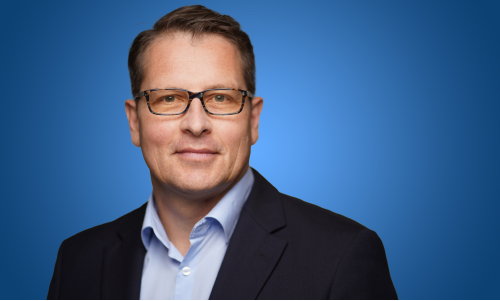
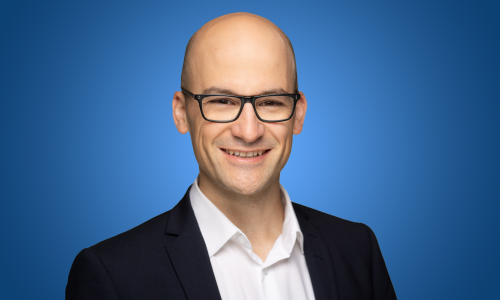
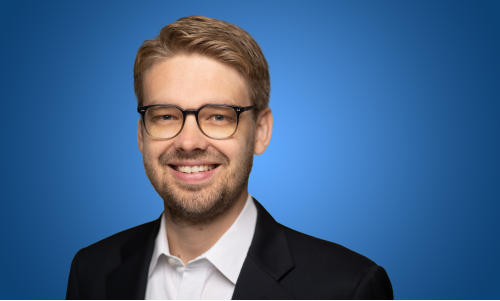
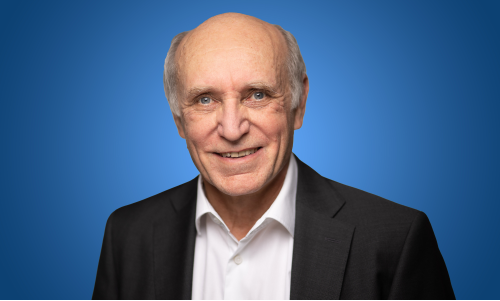
Prof. Most is founder and CEO of AaviGen. He is responsible for the integration of science and commercial as well as for alliances and external relations more broadly.
Prior to AaviGen, Prof. Most founded InoCard, a cardiovascular gene therapy start-up that was sold to uniQure N.V. and subsequently entered into a development alliance with Bristol-Myers Squibb. He also served as Managing Director of uniQure Germany and Senior Vice President for uniQure N.V. where he led a fully staffed R&D entity to direct the FDA and EMA legislation-compliant development of its lead gene therapy medicinal product towards IND and IMP status.
Prof. Most heads the Molecular and Translational Cardiology Division at the University of Heidelberg. He received his scientific training at the University of Heidelberg, Duke University, and Thomas Jefferson University. He obtained his Medical Doctor and clinical training at the University of Heidelberg and the University of Lübeck.

Dr. Busch is founder and COO of AaviGen. He is responsible for internal operations, particularly the vector engineering program and the research-grade rAAV manufacturing process, as well as for managing partnerships with external rAAV GMP-grade manufacturers.
Prior to Aavigen, he served as Scientific Head of the Molecular and Translational Cardiology Division within the Department of Cardiology at Heidelberg University Hospital. In this position he led technology development and Standard Operation Procedures implementation with a strong focus on AAV vector technology, upstream and downstream process development and optimization of scalable rAAV manufacturing.
Dr. Busch holds degrees in Molecular Biotechnology and Molecular Medicine (University of Heidelberg and University of Goettingen) and received his PhD in cardiovascular biology from Wuerzburg University..

Prof. Lerchenmüller is founder and CFO of AaviGen. He is responsible for financial and business development matters as well as for data science applications within AaviGen’s development plan.
Prior to AaviGen, Prof. Lerchenmüller co-founded InoCard, a cardiovascular gene therapy start-up that was sold to uniQure N.V. and entered into a development alliance with Bristol-Myers Squibb. He also worked for the health care practice of the Boston Consulting Group in New York City where his experience spans from strategy projects with executive boards of Fortune 500 companies to the execution of large transactions.
Prof. Lerchenmüller holds the Assistant Professorship for Technological Innovation and Management Science at the University of Mannheim. He holds degrees in Financial Economics, Public Health with a focus on Regulatory Affairs, and Business Economics from the University of Oxford, the London School of Hygiene and Tropical Medicine, WHU, and Yale University.

Prof. Hugo A. Katus, a co-founder and Chief Medical Officer of AaviGen, is a distinguished figure in cardiology renowned for inventing the Troponin T test, the gold standard in acute myocardial infarction (MI) diagnostics.
With a medical degree from the University of Heidelberg, Germany, and postdoctoral studies at Harvard Medical School, he possesses a wealth of knowledge in cardiovascular medicine. As Director of Cardiology at the University of Heidelberg, Prof. Katus spearheaded groundbreaking research and mentored a new generation of cardiologists.
His research spans molecular mechanisms of heart failure, genetic determinants of cardiovascular diseases, and advanced diagnostic tools. With a compassionate approach to patient care, Prof. Katus has significantly impacted the field. His leadership and expertise continue to shape the future of cardiovascular medicine, making him a luminary in the field.

We Are the Scientific Advisory Board.
Our distinguished Scientific Advisory Board comprises leader in their respective fields. providing invaluable expertise and insight which drives our pursuit of ground-breaking advancements in heart-specific gene therapies.
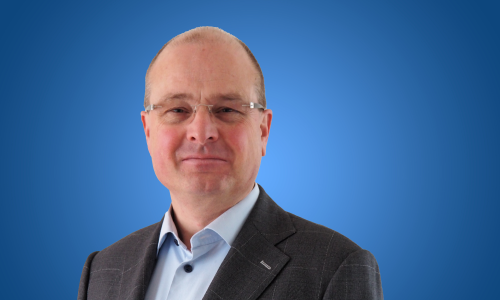
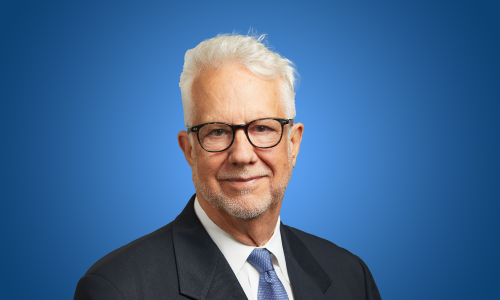
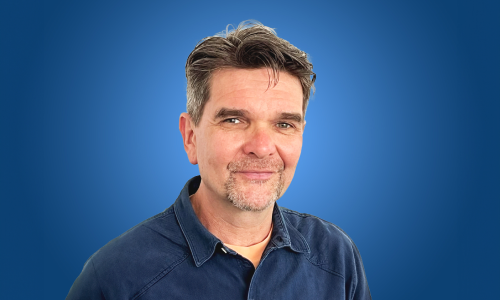
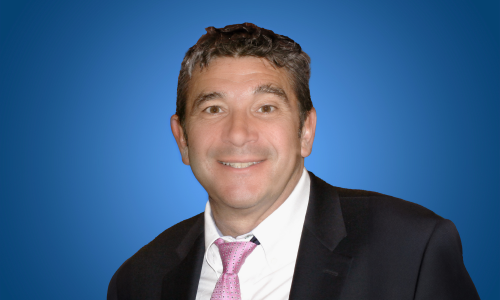
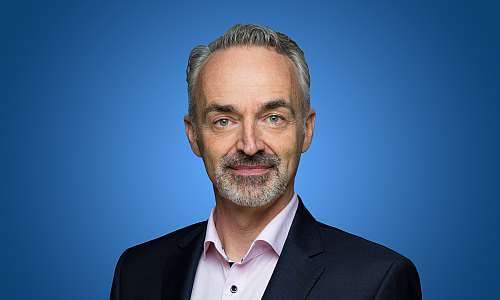
Eric Goossens (NL) is member of the scientific advisory board of AaviGen GmbH since 2021. By training he has an MSc. in chemistry, an MSc. in Process Engineering, next to international executive leadership programs at the business schools of INSEAD (F) and IMD (CH).
Eric led a.o. commercial production operations in biotechnology at Centocor / J&J (2000 – 2006), early and late stage drug development to commercialization as COO at uniQure (2014 – 2017) and scale up of biotechnology processes as Managing Director in the service industry at BPF (2017 – 2022).
During his career in industry he fulfilled several leadership positions in Supply Chain and Operations, and Development from prototyping to commercial, in start-ups, scale-ups and commercial organizations. Eric has extensive experience in organizational development with international teams. Since mid-2022 Mr. Eric Goossens is, as site Director, responsible for Supply Chain and Operations at GATT Technologies, a J&J medical device company in The Netherlands.

Robert W. Makuch, Ph.D., is an American quantitative scientist and biostatistician. Dr. Makuch currently serves as a tenured Full Professor in the Department of Biostatistics at the Yale School of Public Health (YSPH) and Director of the Regulatory Affairs Track. Dr. Makuch holds M.Phil. and Ph.D. degrees from Yale University.
Dr. Makuch is well recognized for his expert statistical and regulatory advice to the pharmaceutical industry and national and international government regulatory agencies. His efforts resulted in his being awarded the position of Elected Fellow of the American Statistical Association, cited for his innovative contributions in regulatory and statistical consultations to governments and the pharmaceutical industry.
In recognition of his expertise in regulatory affairs, Makuch trained the entire senior leadership of the Chinese National Medical Products Administration (NMPA) for over a decade. He led more than twenty-five one-week intensive training sessions of the NMPA leadership at Yale and in China during this period.

Dr. Claus Kremoser, is a German biochemist and entrepreneur. With a PhD in neurobiology from the Max-Planck-Institute for Developmental Biology, Tübingen, he co-founded EY Life Science Group in Germany and served as Vice President Corporate Development at LION bioscience AG.
Dr. Kremoser founded Phenex Pharmaceuticals AG, leading its successful fee-for-service business and securing four financing rounds totalling 22.5 M Euro. Notable collaborations include deals with Janssen Biotech and Gilead Sciences, reaching a Phase II milestone in 2016.
Co-author of the 1st German EY Biotech Report and a key contributor to LION’s IPO prospectus, Dr. Kremoser embodies the fusion of science and business. As a (co)inventor on 22 patent families and author of peer-reviewed publications, he contributes to both fields. Holding board positions in organizations like BIO Deutschland and BioRN, Dr. Kremoser’s multifaceted expertise extends to serving as Chairman of the Board for WMT AG.

Dr. Walter J. Koch recently re-joined the faculty at Duke University School of Medicine in the Departments of Surgery and Medicine. For the last 12 years he was the William Wikoff Chair in Cardiovascular Medicine at the Lewis Katz School of Medicine at Temple University and Chair of the Department of Pharmacology and Director of the Center for Translational Medicine.
Dr. Koch started his career at the University of Cincinnati College of Medicine where he received his PhD in Pharmacology and Cell Biophysics 1990 under the mentorship of Dr. Arnold Schwartz. He went to Duke University Medical Center and the Howard Hughes Medical Institute as a postdoctoral fellow (1990-1994) in the lab of Dr. Robert J. Lefkowitz (Nobel Prize in Chemistry, 2012).
He then was recruited to start a molecular cardiovascular biology laboratory in the Department of Surgery at Duke in 1995 and advanced to tenured Full Professor in 2001. In 2003 he was recruited to lead the newly established Center for Translational Medicine at Thomas Jefferson University and successfully built that Center before moving it to Temple in 2012. The Koch lab studies molecular mechanisms for cardiac injury and repair focusing on G protein-coupled signaling in the heart and also development of novel molecular strategies to repair the heart including gene therapy. His research work has revealed the novel roles G protein-coupled receptor kinases (GRKs) play in cardiac injury and repair.

Toni Cathomen is Professor of Cell and Gene Therapy at the University of Freiburg, Germany, and Director of the Institute for Transfusion Medicine and Gene Therapy at the University Medical Center. He received his Ph.D. from the University of Zurich, Switzerland. Prior to his appointment in Freiburg, he held positions at the Salk Institute in San Diego, the Charité Medical School in Berlin, and the Hannover Medical School in Germany. His laboratory is developing novel immune cell therapies and hematopoietic stem cell preparations using genome editing to treat patients with HIV infection, primary immunodeficiencies and certain cancers. He has also designed innovative methods to assess the safety of gene editors and gene-edited cell products.

